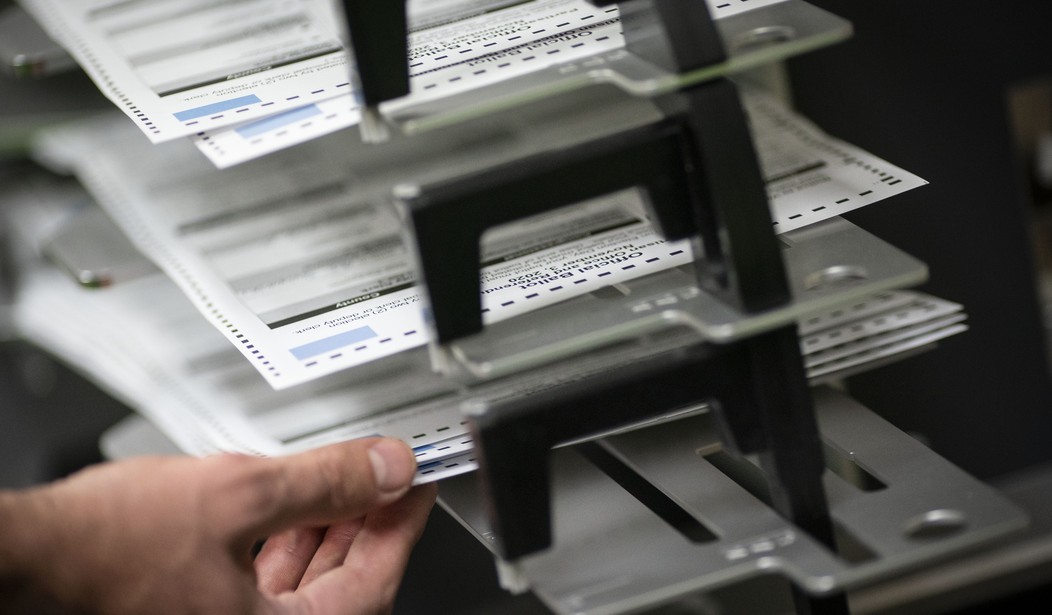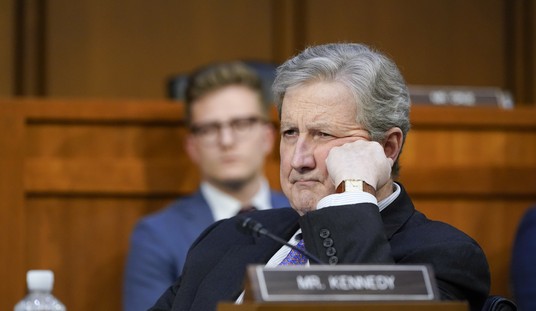Earlier today the Wisconsin Supreme Court issued an Order declining to take up the Election Contest complaint filed by the Trump Campaign yesterday in the Supreme Court.
I am not versed in the election contest procedures of each of the 50 states, but it took me about 10 minutes of research to find the Wisconsin statute that says all allegations of fraud or irregularity in the conduct of the election.
The statute says that cases making such allegations must begin with a Notice of Appeal of the recount outcome with the appropriate Circuit Court, which is the “trial court” level in the State of Wisconsin. Section 9.01 instructs:
(7) Court procedures.
(a) The court with whom an appeal is filed shall forthwith issue an order directing each affected county, municipal clerk, or board, and the commission, to transmit immediately all ballots, papers and records affecting the appeal to the clerk of court or to impound and secure such ballots, papers and records, or both. The order shall be served upon each affected county, municipal clerk, or board, the commission, and all other candidates and persons who filed a written notice of appearance before any board of canvassers involved in the recount.
(b) The appeal shall be heard by a judge without a jury. Promptly following the filing of an appeal, the court shall hold a scheduling conference for the purpose of adopting procedures that will permit the court to determine the matter as expeditiously as possible. Within the time ordered by the court, the appellant shall file a complaint enumerating with specificity every alleged irregularity, defect, mistake or fraud committed during the recount. The appellant shall file a copy of the complaint with each person who is entitled to receive a copy of the order under par. (a). Within the time ordered by the court, the other parties to the appeal shall file an answer. Within the time ordered by the court, the parties to the appeal shall provide the court with any other information ordered by the court. At the time and place ordered by the court, the matter shall be summarily heard and determined and costs shall be taxed as in other civil actions. Those provisions of chs. 801 to 806 which are inconsistent with a prompt and expeditious hearing do not apply to appeals under this section.
(8) Scope of review.
(a) Unless the court finds a ground for setting aside or modifying the determination of the board of canvassers or the commission chairperson or chairperson’s designee, it shall affirm the determination.
(b) The court shall separately treat disputed issues of procedure, interpretations of law, and findings of fact.
(c) The court may not receive evidence not offered to the board of canvassers or the commission chairperson or the chairperson’s designee except for evidence that was unavailable to a party exercising due diligence at the time of the recount or newly discovered evidence that could not with due diligence have been obtained during the recount,…
(d) The court shall set aside or modify the determination of the board of canvassers or the commission chairperson or the chairperson’s designee if it finds that the board of canvassers or the chairperson or chairperson’s designee has erroneously interpreted a provision of law and a correct interpretation compels a particular action. If the determination depends on any fact found by the board of canvassers or the commission chairperson or the chairperson’s designee, the court may not substitute its judgment for that of the board of canvassers or the chairperson or designee as to the weight of the evidence on any disputed finding of fact. The court shall set aside the determination if it finds that the determination depends on any finding of fact that is not supported by substantial evidence.
The decision by the Circuit Court judge can be appealed to the Appeals Court. The statute is not specific as to whether the decision of the Appeals Court can be appealed to the Supreme Court.
But there is simply no question — and there was no mistake on the part of the attorneys who filed the Complaint in the Supreme Court in the first instance — that a challenge to the outcome of a Recount done by the County Commissions must start in the Circuit Court where evidence would be heard and a decision made by a single judge. There is simply NO PROCESS by which the 7 members of the Wisconsin Supreme Court could substitute themselves to perform that function. Filing the Complaint in the fashion which it was only ended up wasting 24-48 hours — that is if the Campaign now takes the step of refining the Complaint in the lower court and proceeding with the evidentiary hearing to challenge the decision to accept and count the ballots that are the subject of the objections.
The calendar is obviously working against there being a remedy available to the campaign in Wisconsin prior to the meeting of the Electoral College. This point needs to be driven home in as part of a need for all states to reconsider the “mail-in” ballot schemes they have adopted. There simply is not enough time in the aftermath of a Presidential election, between the day of the election and the meeting of the Electoral College, to properly investigate and challenge millions of “mail-in” ballots — and that very fact only incentivizes the even further expansion of the use of such a process.














Join the conversation as a VIP Member